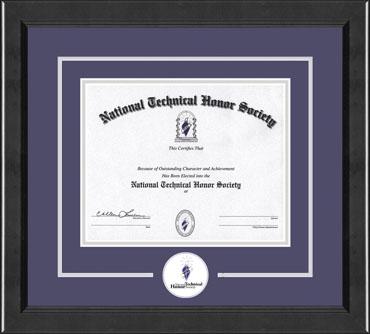From PBS News Hour:
FONTANA, Calif. — At a steel factory dwarfed by the adjacent Auto Club Speedway, Fernando Esparza is working toward his next promotion.
Esparza is a 46-year-old mechanic for Evolution Fresh, a subsidiary of Starbucks that makes juices and smoothies. He’s taking a class in industrial computing taught by a community college at a local manufacturing plant in the hope it will bump up his wages.
It’s a pretty safe bet. The skills being taught here are in high demand. That’s in part because so much effort has been put into encouraging high school graduates to go to college for academic degrees rather than for training in industrial and other trades that many fields like his face worker shortages.
Now California is spending $6 million on a campaign to revive the reputation of vocational education, and $200 million to improve the delivery of it.
“It’s a cultural rebuild,” said Randy Emery, a welding instructor at the College of the Sequoias in California’s Central Valley.
Standing in a cavernous teaching lab full of industrial equipment on the college’s Tulare campus, Emery said the decades-long national push for high school graduates to get bachelor’s degrees left vocational programs with an image problem, and the nation’s factories with far fewer skilled workers than needed.
“I’m a survivor of that teardown mode of the ’70s and ’80s, that college-for-all thing,” he said.
This has had the unintended consequence of helping flatten out or steadily erode the share of students taking vocational courses. In California’s community colleges, for instance, it’s dropped to 28 percent from 31 percent since 2000, contributing to a shortage of trained workers with more than a high school diploma but less than a bachelor’s degree.
“All throughout high school, they made it sound like going to college was our only option.” Derrick Roberson, who is training to become an electrician.
Research by the state’s 114-campus community college system showed that families and employers alike didn’t know of the existence or value of vocational programs and the certifications they confer, many of which can add tens of thousands of dollars per year to a graduate’s income.
“We needed to do a better job getting the word out,” said Van Ton-Quinlivan, the system’s vice chancellor for workforce and economic development.
To read more, click here.






